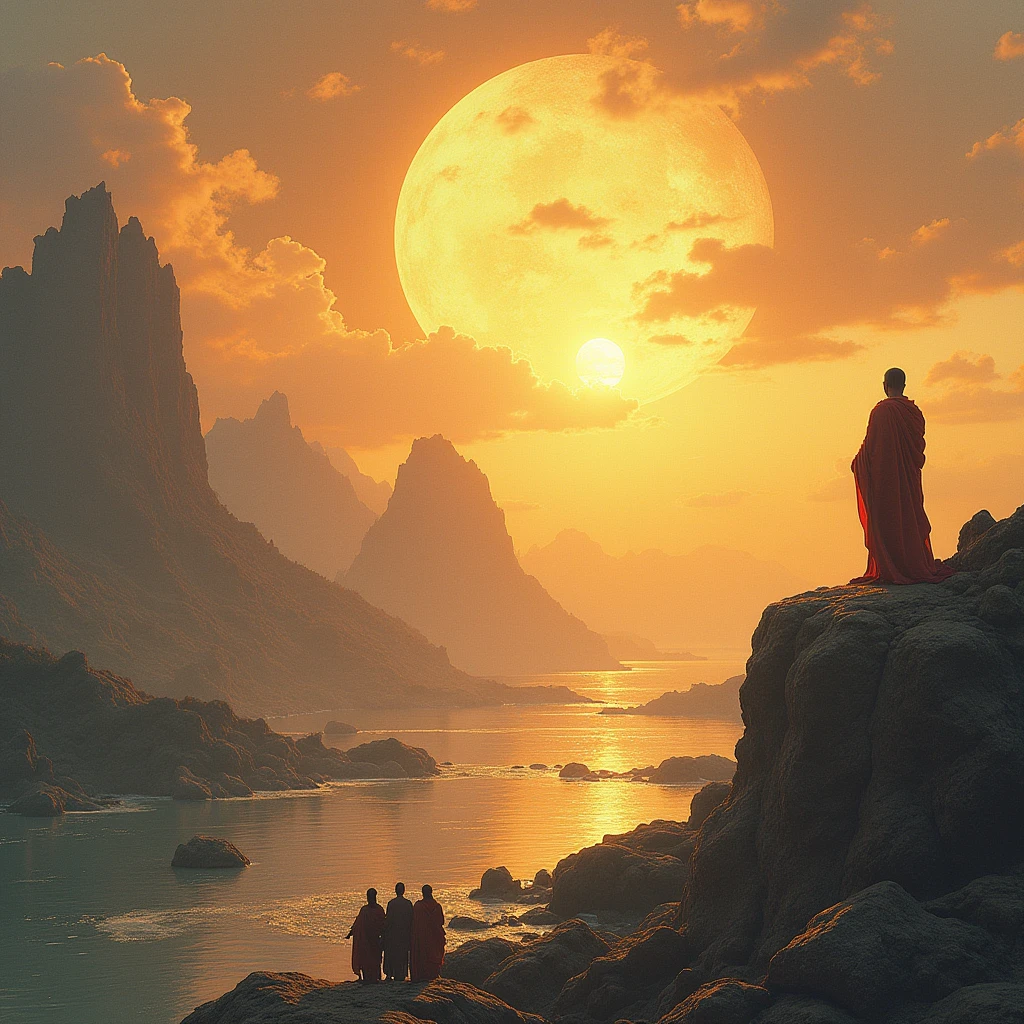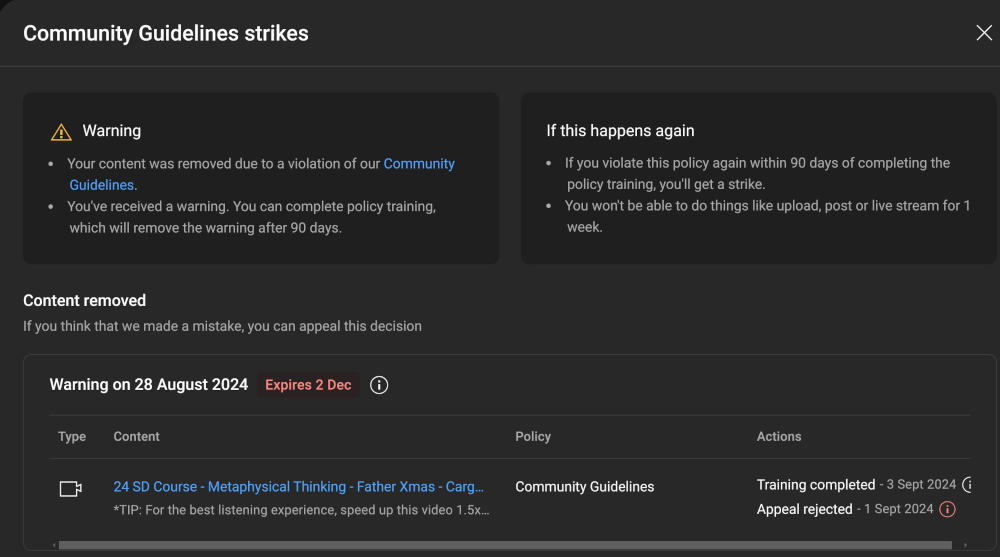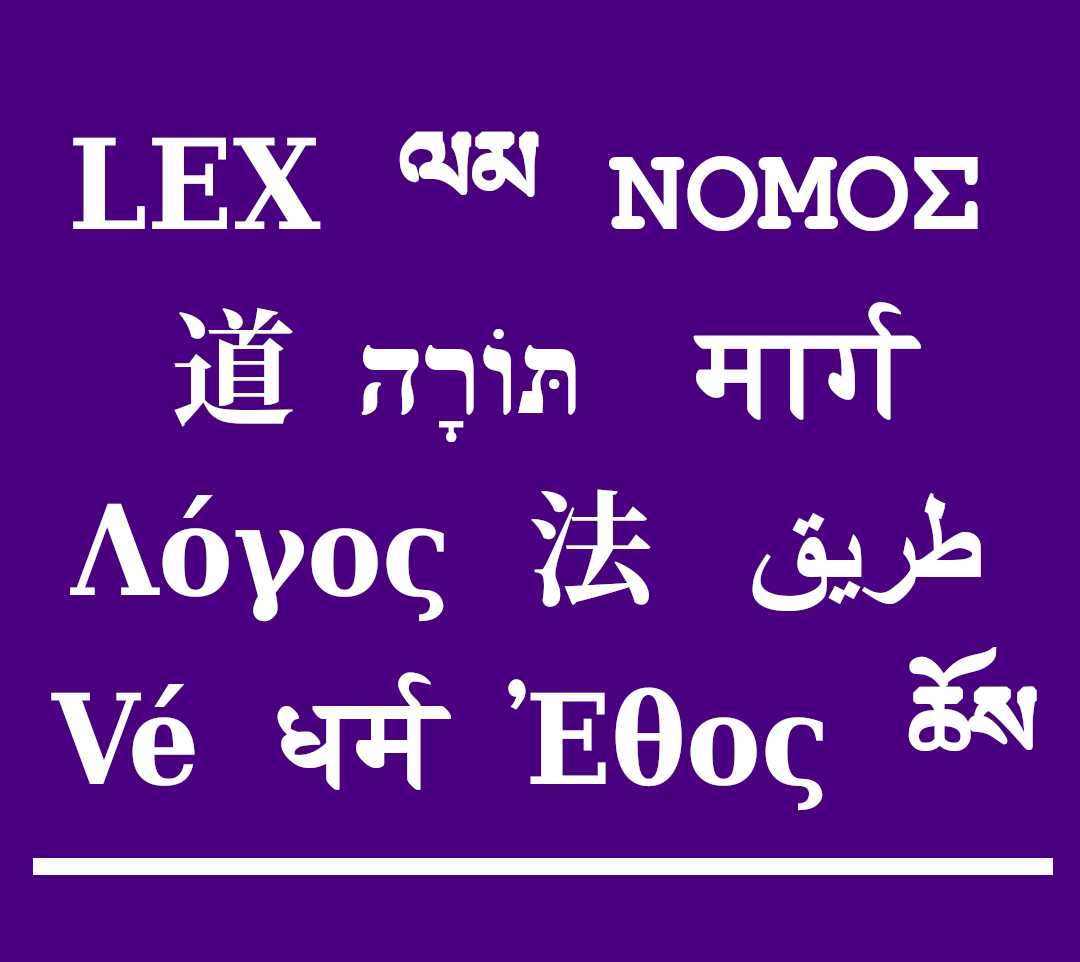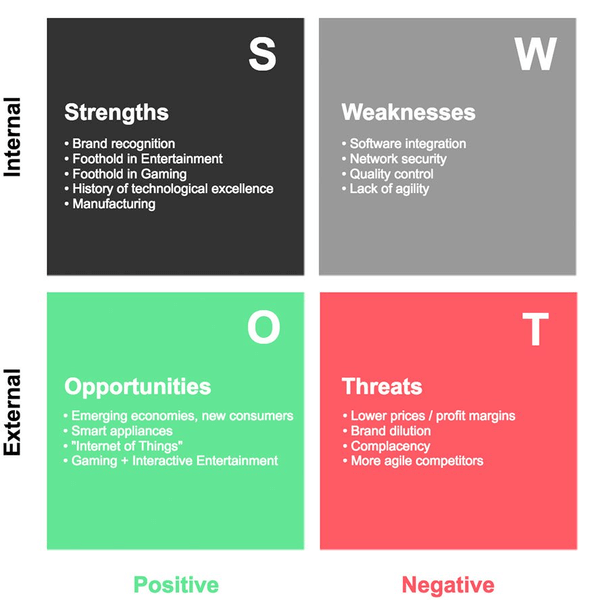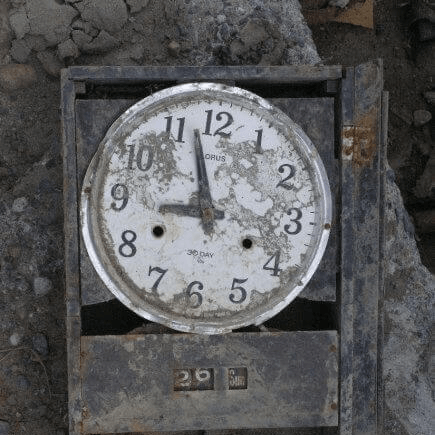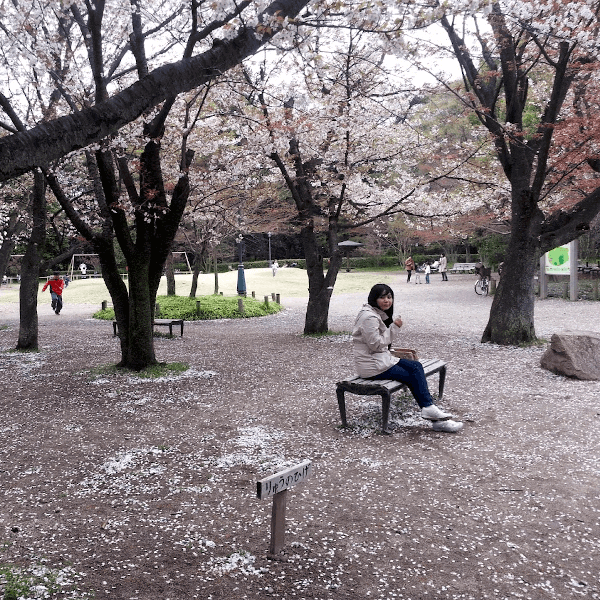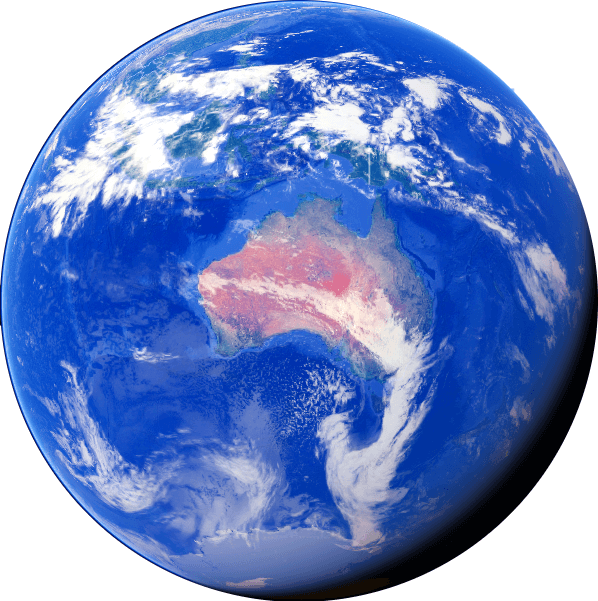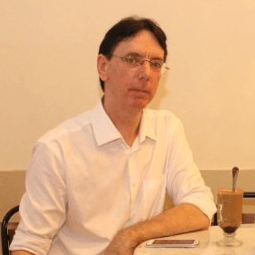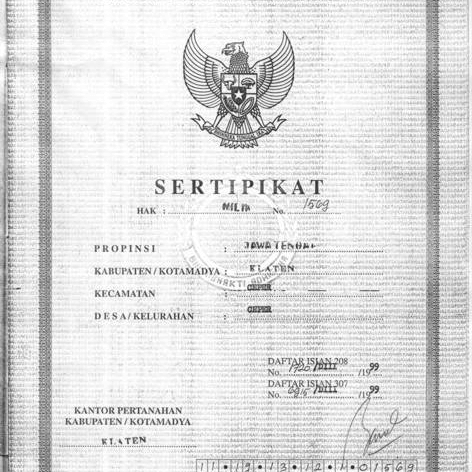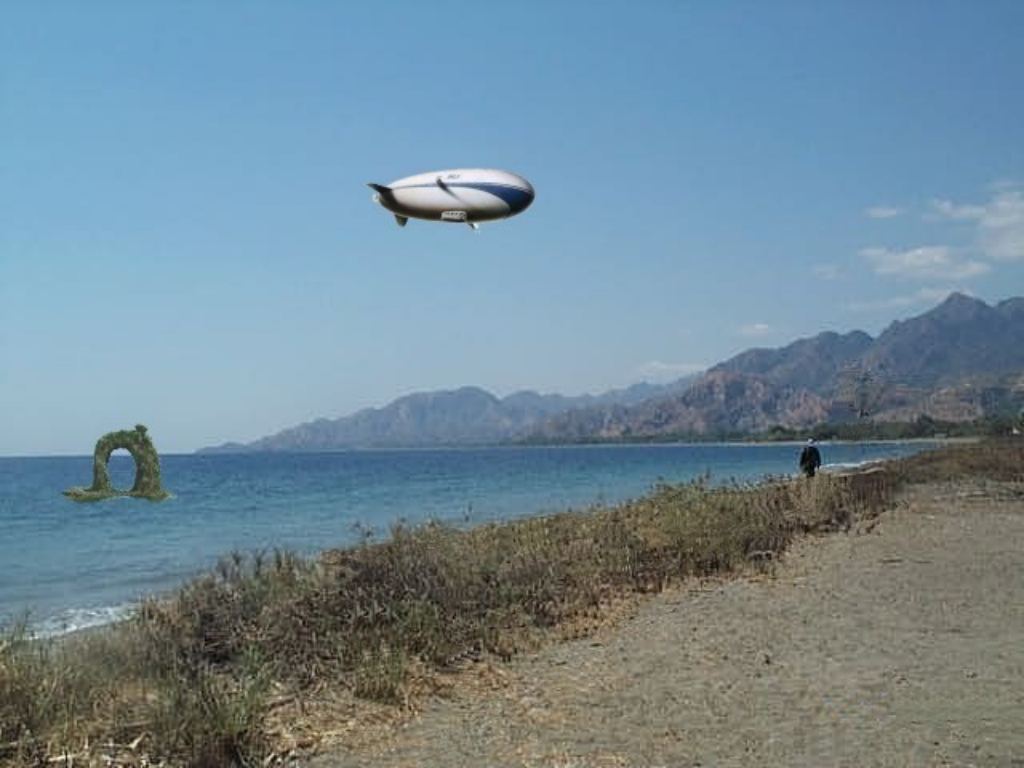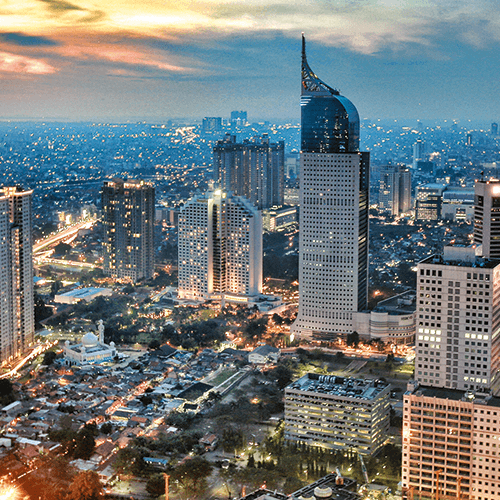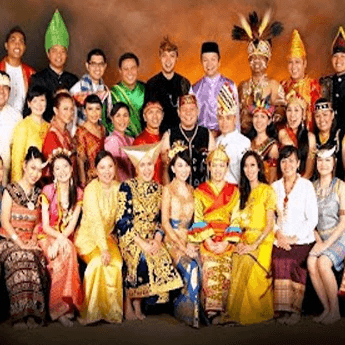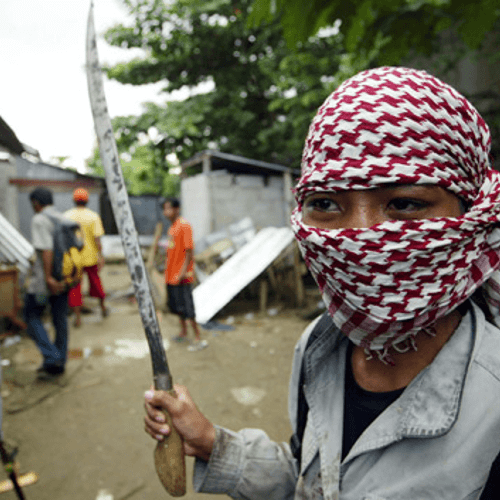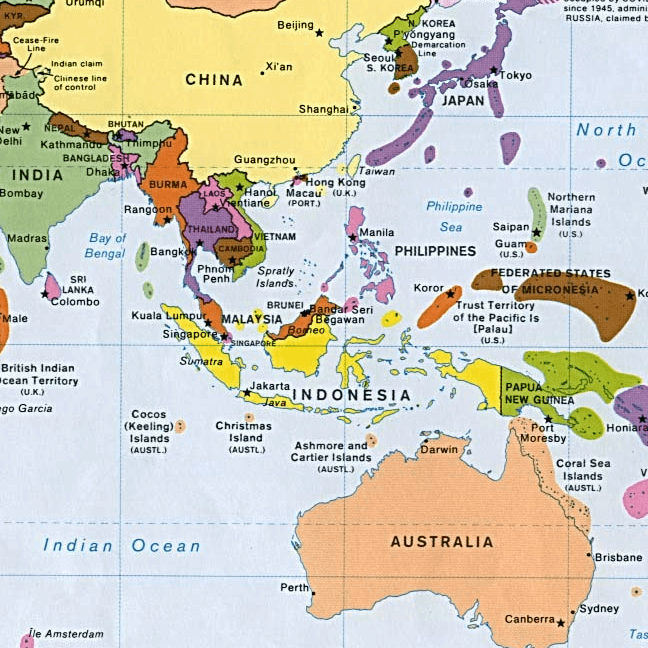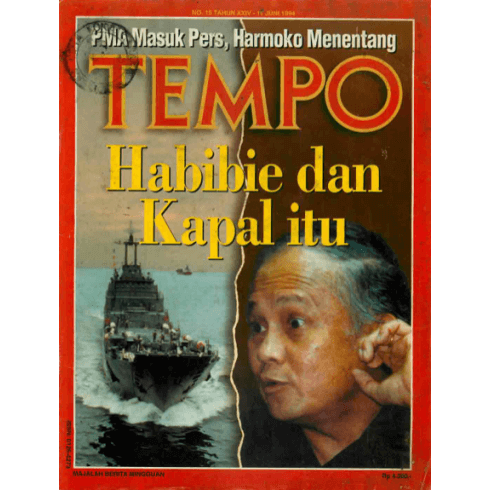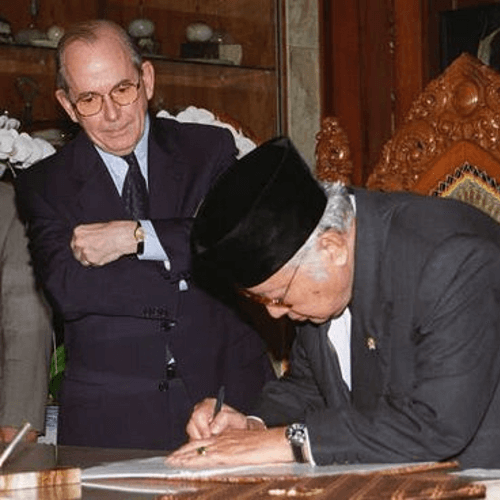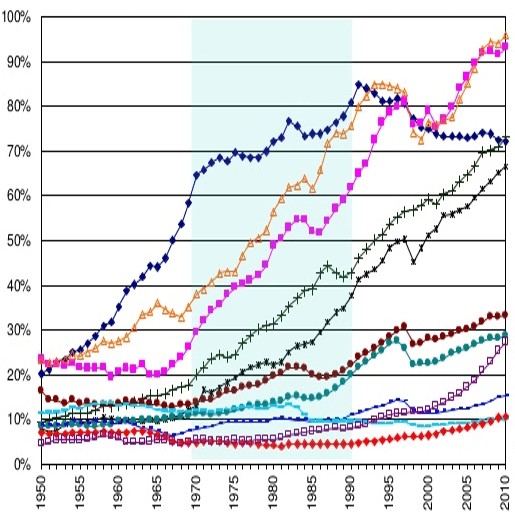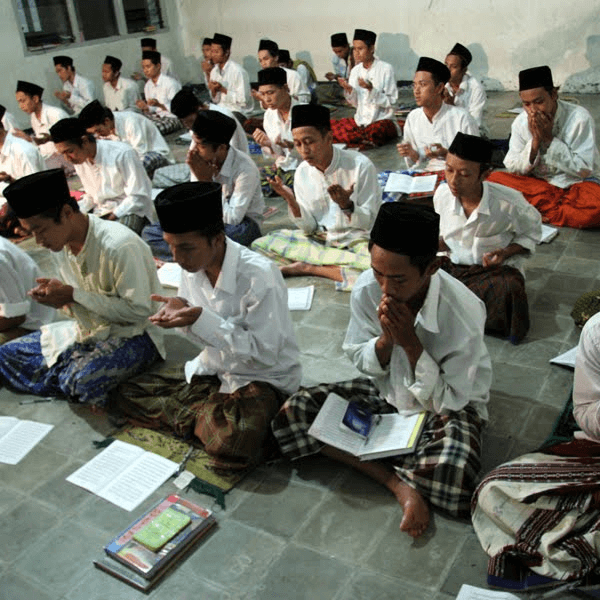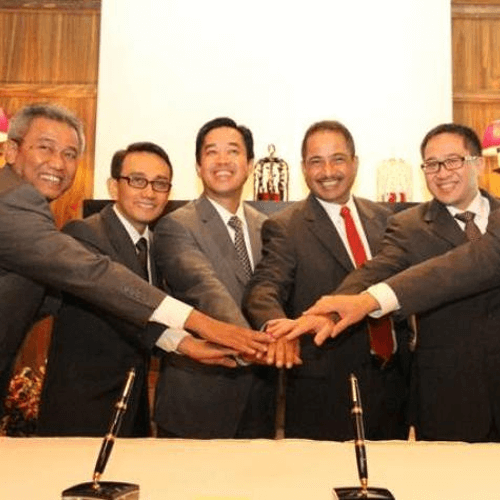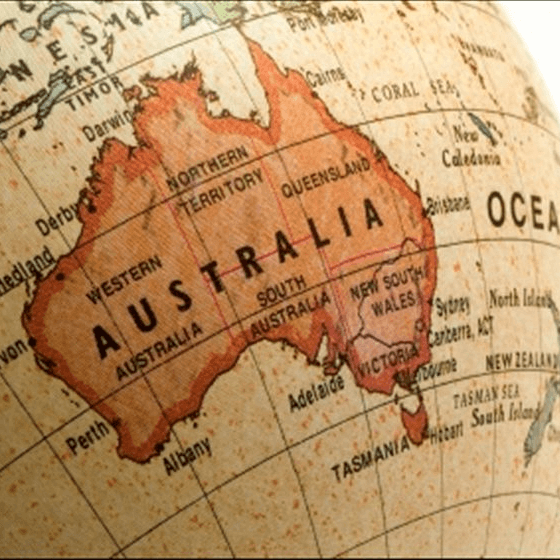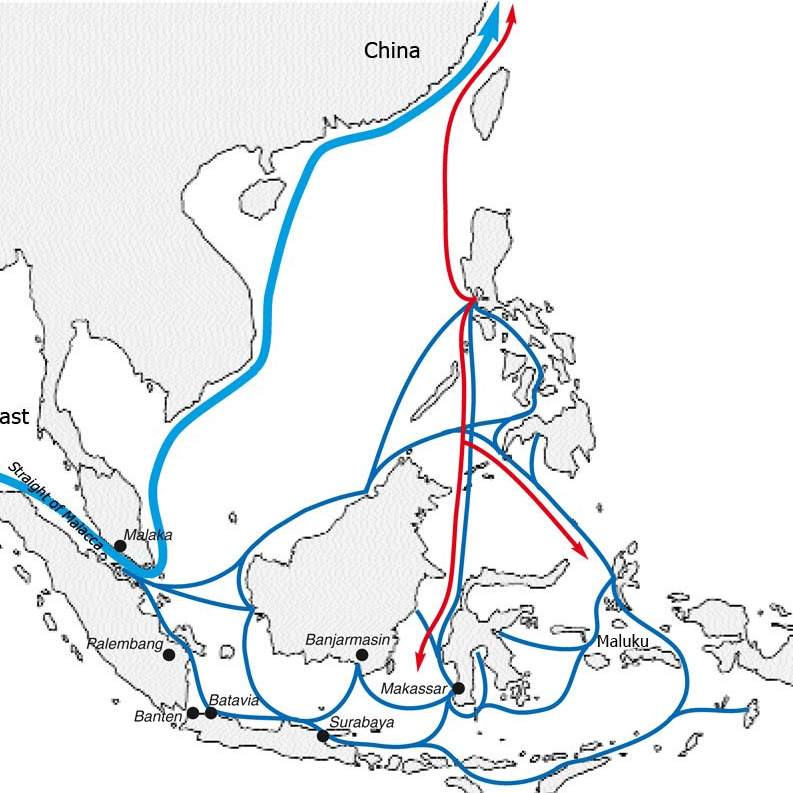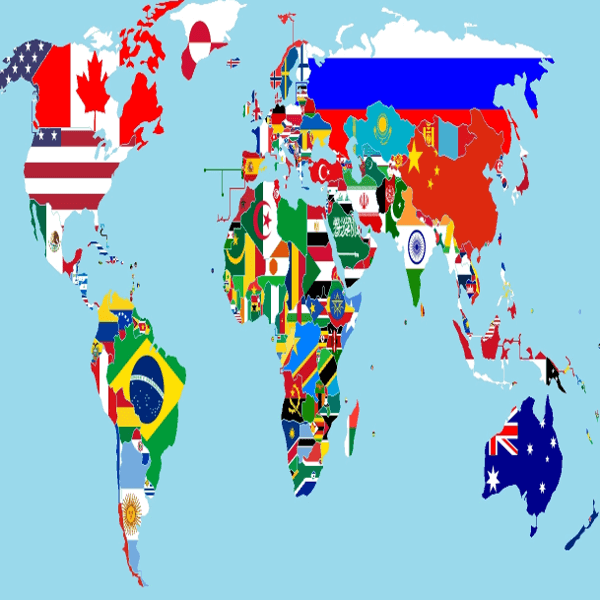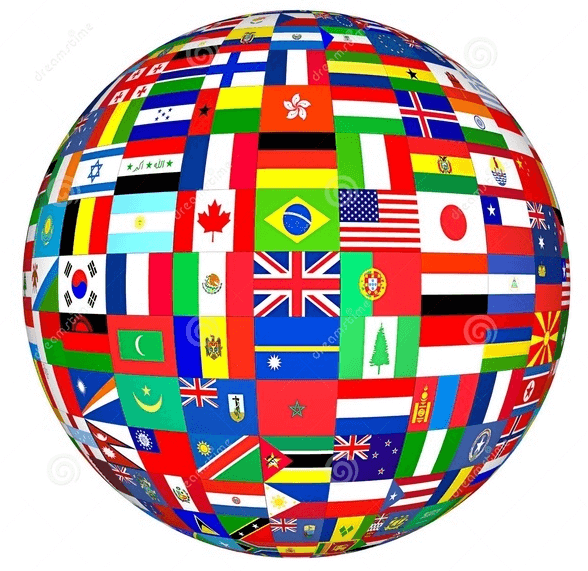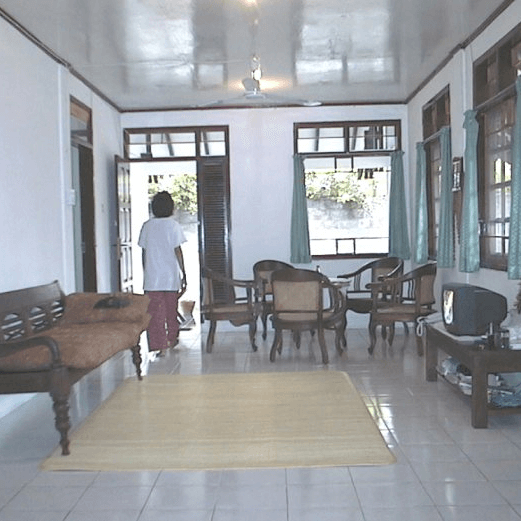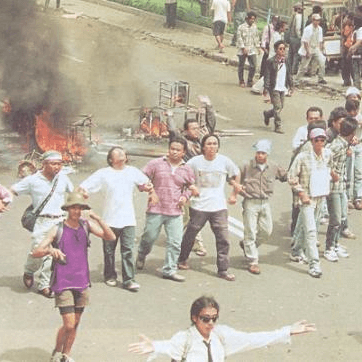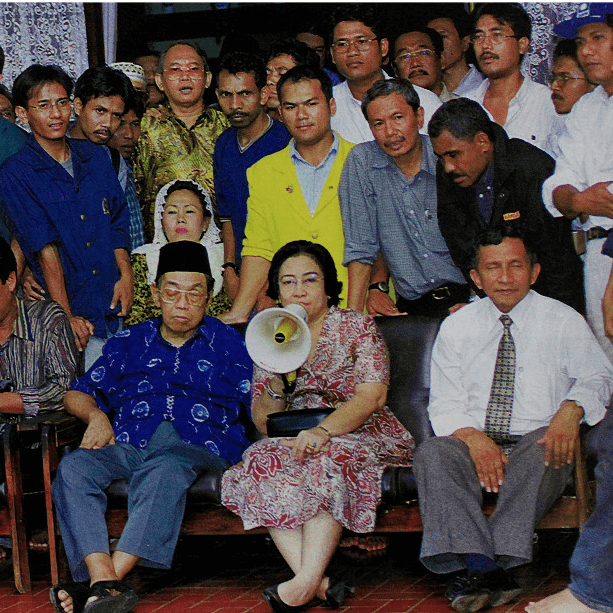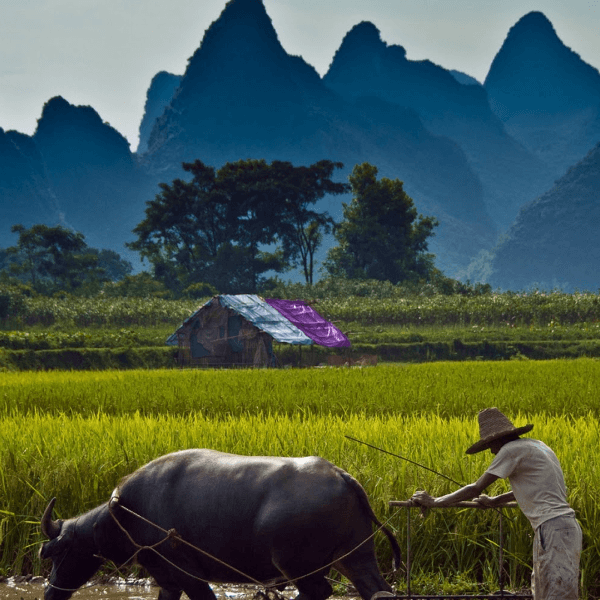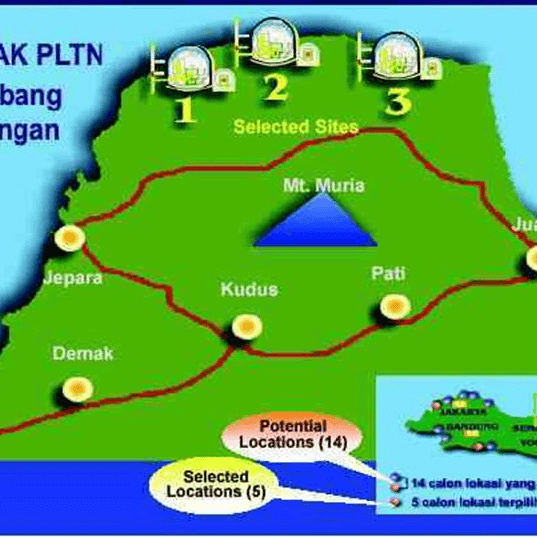Articles/Essays/Notes
Applied Anthropology
Bridging Theory and Practice for Real-World Impact
Applied anthropology is the practical application of anthropological methods, theories, and insights to address real-world challenges. It serves as a bridge between academic anthropology and actionable solutions, engaging with contemporary social, cultural, economic, political, and environmental iss...
Script: Defining Dharma
A Journey to the West
# Introduction > [On-screen title: *Defining Dharma: A Journey to the West*] > [Cut to a slow pan across ancient stone carvings, manuscripts, and cultural rituals from various parts of the world. Soft ambient music plays.] The word *dharma* is one of the most enduring—and yet most misunderstood—...
Bizarre YouTube Censorship
wtf? SRSLY? :facepalm:
Some friends and I have a YouTube channel called ['a secular dharma?'](https://youtube.com/@aseculardharma). This channel has long -- often boring -- discussions about the nature and definition of dharma, and about life in general. In Sept 2024, YouTube removed a video entitled "Metaphysical Thinkin...
Defining Dharma
ways, paths, cultures, outlooks
## The Etymology of 'Dharma' The word *dharma* is one of the most enduring and multifaceted terms in human thought, with deep roots in ancient Indian languages and cultures. While it is often associated with religious or spiritual traditions, its etymology reveals a concept that transcends doctrinal...
Indonesia 2020: Consolidate, and Respond
An open letter to my friends and clients in Indonesia.
The global economy has taken a blow, with volatility in exchange rates and commodity prices and mass unemployment. National monetary authorities have adjusted their predictions for economic growth in 2020-2021, with negative growth expected in 2020 and 2021. Many governments are implementing excepti...
Where is my compassion?
Reflections 14 years after the Asian Tsunami
In 2004 and 2005, in addition to running my consultancy firm, I also moonlighted – quite literally – as a copy editor at The Jakarta Post. This meant my work day averaged 16 hours at that time. I totally didn’t need this additional workload, but it was an opportunity to learn more about Indone...
2017: a return to kyoto
this is a video from a point-of-view perspective that i took while walking around the kyoto imperial palace grounds. it was during a solo visit to japan at the end of 2017. it was cold and snowing. i had visited japan in the [northern hemisphere] spring of 2013; during the cherry blossom season. tho...
Escape at 14
A nothing story
I was 14, a quiet boy living in an outer suburb of a small and isolated city called Perth1, in a large and remote state called Western Australia, in a large and isolated continent called Australia....
Beringharjo Traditional Market, Yogyakarta
a way of trading that will soon disappear
A walk through the Beringharjo traditional market on Jalan Malioboro in Yogyakarta, Indonesia, using a chest height POV camera....
Circumcision Celebration for Rama Dean
This is a video of a circumcision celebration for my son Rama Dean, which took place on 19 December 2014 at Graha Okusi, Jakarta, Indonesia....
Gary Dean
From the West, Northward to the East
I was born and raised in [Perth, Western Australia](//en.wikipedia.org/wiki/Perth), in the pre-[Sputnik](//en.wikipedia.org/wiki/Sputnik_1) era, and brought up in a mono-cultural English/British suburban environment. I am a Gemini and a Rooster. My MBTI is INFJ, my blood type B-, and I’m an Aspie....
Meet Gary Dean
A Jakarta Expat interview with Gary Dean
Parts of this interview were published in Jakarta Expat, March 2013 Jakarta Expat: So Gary, where do you come from, where did you grow up? Gary Dean: I was born in Perth, Western Australia in the pre-Sputnik era. I grew up in the northern suburbs of Perth. JE: How long have you been living in Indone...
Indonesian Land Law and Foreign Ownership of Land
Indonesian Land Law is quite different to the laws that apply in most Western or developed countries. Foreigners wishing to use or purchase land for whatever purpose need to be aware of these differences and not assume that legal conventions that apply in their home countries necessarily apply in In...
An Ungrateful Australian
On Tuesday, 17 December 2002, BM wrote: I think, on balance, that if I am to be ruled, I would much rather be ruled by complete fucking moron civilians than by clever army generals, or religious fanatics for that matter. A friend, who had been a lifelong Marxist until the collapse of the Soviet Unio...
dikotomi
digital music experiments from 2002
dikotomi is a collection of atmospheric midi music, best experienced whilst sailing through the open air in a solar-powered airship, at moderate altitude, under a clear, high sky, and with no particular destination. synthesized over a period of months a long, long time ago, these are essentially my ...
Doing Business in Indonesia
From a Western Perspective
> This is a modified version of a report commissioned by the East Asia Analytical Unit of the Australian Department of Foreign Affairs and Trade in July 2000, as part of a book entitled *Indonesia: Facing the Challenge* published in December, 2000. Views contained within this report are *entirely my...
Culture Matters in Indonesia
An email exchange with Dennis De Tray, Indonesia country director, World Bank 1997-1999
> The views contained within this article are entirely my own and do not necessarily reflect past or present opinions or policies of any other person or organisation. Culture really matters when doing business, especially in Indonesia. An understanding of the cultures, outlooks, perceptions of the p...
Ethno-Religious Conflict in Maluku
A manufactured war
> "Tragically again, of the approximately 20 Christians who were killed [by Muslims] in the village of Benteng Karang, 15 of them were them were burnt alive. One of them was Mrs Rina Serpiela, a six-month pregnant woman who was killed by having her belly ripped open and the foetus pulled out and bur...
Australia's Place and Influence in Asia
Since the very beginning of a notion called 'Australia' some 200 years ago the European occupiers of this continent have rarely felt at peace with its geography. As a transplanted, predominantly European, society situated within Asia,[1] far from the homelands-of-the-heart in Europe, Australia...
The role of FDI in the development of Singapore
A model development path?
The rapid economic development of the NIEs (Hongkong, Singapore, South Korea, and Taiwan) over the past three decades has necessitated the utilisation of external resources, principally foreign capital.[1] Without such resources, industrialisation and development on the scale undertaken could simply...
The Myth of the Jakarta Lobby
Brian Toohey's article, "Time to rout the Jakarta Lobby", was published in The West Australian on 27 September 1999, just four weeks after the East Timorese autonomy plebiscite. During this period East Timor was in the process of being laid waste by vicious anti-independence militias...
The New Order State and the Tempo Affair
A conflict of values
The sun began to set upon Indonesia's corporatist 'New Order' state starting in the early 1990's. Speculation about the presidential succession was rife, mainly due to President Soeharto's increasing age and frailty, and such speculation was especially destabilising and damaging given Indonesia's hi...
East Asia and the Roots of the Economic Crisis
From a Western perspective
The past two decades or so has witnessed the increasing dominance of neoliberal perspectives within international political, social and economic thinking. This has particularly been the case since the end of the Cold War, which seems to have triggered a decline of alternative social and economic per...
Indonesia's Economic Development
in comparison to South Korea and Taiwan
The rapid pace of economic development in East Asia over the past few decades has awed the world. This is particularly so for the so-called Newly Industrialising Countries (NICs) which include South Korea and Taiwan, together with the city-states of Singapore and Hongkong. Since the 1980's, these st...
Javanese Santri Islam
Same, but very different
The Western aversion and distrust towards Islam runs deep, in contrast to how 'friendlier' religions such as Buddhism, Confucianism and Hinduism are often considered.[1] Even Westerners better informed about Islam can have their concerns, so it is probably not simply a case of a 'misunderstood' reli...
Security and Australia's involvement in the world
Australians have always felt uncertain about their place in the world. As a transplanted, predominantly European, society situated within Asia, Australians have always felt a sense of threat from the north. Profound differences with the nations of East Asia exist in nearly every respect:...
Joint Venture, or 100% Foreign-Owned?
> First published in OzIndo Vol 5 No 1, magazine of the Australia-Indonesia Business Council Joint ventures (JVs) have long been the working foundation upon which foreign investment has entered many developing countries. In fact, in many countries JVs are the only way that foreign capital can be inv...
The Development of Australian Foreign Policy
It only been these past few decades that Australia has begun to pursue a relatively independent foreign policy, from under the shadows Britain and the US. Australia's unique historical circumstances have led to the development of a certain set of attitudes and characteristics that underlie its...
The Importance and Consequences of Trade in Southeast Asia
until 1870
To trade is human. Like the ability to communicate abstract ideas, trade is one of those activities that differentiates Homo sapiens from the rest of the animal world. And trade is more than just a mere exchange of surplus; its social and political impact is profound binding both families, tribes an...
The development and future of the nation-state
Humanity's political 'state of nature' has characteristically been defined in terms of small, nomadic family groups with little need for complex organisational structures. Continuously moving across the landscape with tenuous attachment to the land upon which they walked, organisational requirements...
Globalisation and the Nation-State
It is frequently alleged that the nation-state in the 1990's is at a precarious moment of history, poised to somehow inevitably disintegrate under the pressure of globalisation. It has been a mere decade since this word 'globalisation' started to infiltrate the everyday language of nations worldwide...
Karl Marx's The Origins and Development of Capitalism
a review
In 1867, a few years after the establishment of the International Working Men's Association, Karl Marx presented his thoughts on the emergence of capitalism in an essay entitled The Origins and Development of Capitalism, as part of his wider discussion on the sociology of capitalism. Marx identified...
Some thoughts surrounding the Milgram Experiment
"I like ideas about the breaking away or overthrowing of established order. I am interested in anything about revolt, disorder, chaos, especially activity that seems to have no meaning. It seems to me to be the road towards freedom." -- Jim Morrison 'Obedience to the Law is Freedom'. Thus declared a...
Rumahku Yogyakarta 1998
My house in Yogyakarta in 1998.
my merc 8-} oh, there's the merc again the back of my house in yogyakarta my laundry and water tanks and well wife. wife. again. there she is again. my tiger-proof house the road into my house. nother boring picture of my house, showing tiger-proof southern wall. The inside of my modest palace, show...
Analysing the end of Suharto's Indonesia
The role of culture in Indonesian politics
The incantations and vocabulary of the new era are rapidly taking hold in Indonesia since the fall of Suharto and his New Order regime. KKN, reformasi and transparansi have replaced UUD'45, Pancasila and pembangunan as catchphrases of the emerging order. As the heavy New Order fog lifts, new possibi...
A few notes on my life in Yogyakarta, March-May 1998
Reformasi and the Fall of Soeharto
> The period March to May 1998 was an interesting time in Indonesian history. This journal reflects some of the things that happened in my life over this period. Some of it is perhaps rather too personal, but that was the nature of my encounter with Indonesian culture over that time. It is by no mea...
Globalisasi, Kedaulatan Nasional dan Konflik Masa Depan
Gary Dean (Universitas Gadjah Mada, NIM 96/111909/EK/13500) Yogyakarta, Desember 1997 Selama dasawarsa belakangan ini kata 'globalisasi' secara berangsur-angsur masuk ke dalam bahasa sehari-hari di negara-negara di seluruh dunia. Tetapi, apa sebenarnya artinya kata 'globalisasi' ini? Seperti banyak ...
Siapa yang pantas menjadi Presiden Indonesia Tahun Depan?
Satu Pandangan
Negara Indonesia adalah suatu negara besar kalau dilihat dari segi jumlah penduduknya. Catatan sejarah telah menunjukkan bahwa karena kekayaan alamnya yang besar telah menarik keinginan banyak bangsa asing untuk menguasai negara ini. Setelah 350 tahun di bawah penjajahan Belanda, 52 tahun yang lalu ...
Hukum Agraria Indonesia
(Indonesian Land Law)
Gary Robert Dean (Universitas Gadjah Mada NIM 96/111909/EK/13500) Dalam pembahasan tentang sejarah Hukum Agraria Indonesia ada dua fase penting yang harus dipertimbangkan, yaitu fase sebelum September 1960, dan fase sesudah tanggal itu. Dalam fase sebelum September 1960 Hukum Agraria Indonesia terdi...
Haruskah Indonesia menggunakan Tenaga Nuklir?
Keinginan Indonesia untuk membangun Pembangkit Listrik Tenaga Nuklir (PLTN) menimbulkan kegelisahan di seluruh kawasan Asia Tenggara dan Australia. Pemerintah Indonesia sudah memesan beberapa studi kelayakan untuk pembangunan PLTN berkapasitas 1.800 MW yang mungkin akan dibangun di desa Ujungwatu di...
Airship Over Occussi
Songs from 1983
Songs recorded "live" on a cheap cassette recorder at various locations in Fremantle, Western Australia during 1983 (or was it 1984?). The recording quality in all cases is extremely poor, but the spirit remains audible. These recordings marked the end of my creative musical life; not lo...
